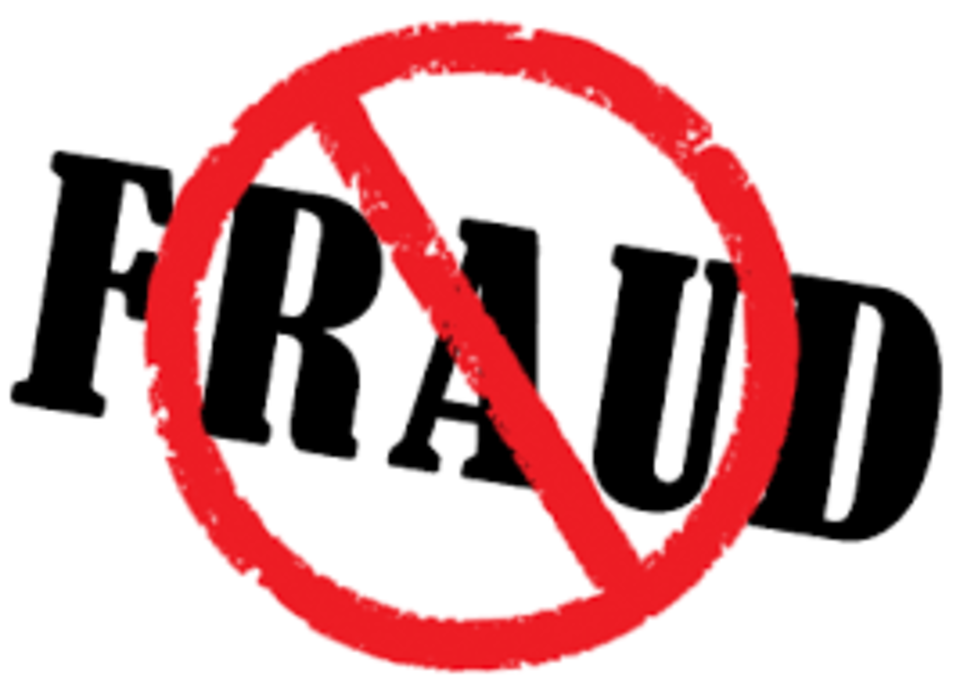How to Protect Yourself
Identity theft can occur over the Internet or telephone, or via fax or regular mail. Therefore, be particularly wary of unsolicited e-mails, telephone calls or mail attempting to extract personal or financial information from you.
Internet Scams
Don’t be the victim of a scam. If it sounds too good to be true, it probably is. The results of these scams can include:
- identity theft,
- fraud,
- theft from your bank account or credit card, and
- computer viruses.
Remember:
- No one can guarantee you a job or a visa to Canada.
- Only immigration officers in Canada, at Canadian embassies, high commissions and consulates can decide to issue a visa.
- Processing fees are the same for all services provided by Citizenship and Immigration Canada (CIC) whether inland or around the world. We base fee amounts in local currency on official exchange rates. They are the same amount as fees in Canadian dollars.
- You usually pay fees for Canadian government services to the “Receiver General for Canada,” unless CIC states something different on a visa office website.
- CIC Officers will never:
- ask you to deposit money into a personal bank account,
- ask you to transfer money through private money transfer service,
- offer special deals to people who want to immigrate or
- use free email services, such as Hotmail or Yahoo Mail for official communications.
- You will find free application forms and guides for all types of visas on CIC’s website.
- Be careful if the salary of the job you are applying for seems too high to be real.
Fake websites and other Internet scams
Travellers who apply for an eTA are advised to be cautious in all dealings with companies that claim to offer help in getting an eTA. These companies are NOT operating on behalf of the Government of Canada. Many have established websites that charge a fee to provide information and submit eTA applications.
This Government of Canada website is the official place to apply for an eTA.
It is easy for criminals to copy a real website or build one that looks professional. Websites may claim to be official Government of Canada sites or their partners. Others may claim to offer special immigration deals or guaranteed high-paying jobs. They do this to trick people into paying them money.
Some of these sites may try to get you to give them your private information. This could be used to steal your identity.
Here are some things to watch for:
- If the website claims to offer special deals to people who want to immigrate, don’t deal with them. Do not pay for offers of guaranteed entry into Canada or faster processing of your application. These claims are false.
- Check the address in your browser’s address bar when you land on a website to make sure it matches the address you typed.
Here are some other ways to protect yourself:
- Never enter private information unless there is a padlock in the browser window or ”https://” at the beginning of the Web address to show it is secure.
Examples:


- If a website seems wrong to you, do a Web search to see if anyone has reported any problems with that site.
- Make sure your browser is up to date. Browser filters can help detect fake websites.
- Beware of websites advertised in emails from strangers that you did not ask for.
- Do not give out personal information unless you are sure you know whom you are dealing with.
- If in doubt, contact the website owner by telephone or email before you do anything.
- Find out more about who can legally represent you if you choose to hire a representative.
Email scams
You may get an email that looks like it is from a real company or the Government of Canada. It may ask you for private information, such as your date of birth, passwords or credit card details. Sometimes the email will tell you to visit a fake website, such as the ones talked about above.
Some people get emails that look like they are from Citizenship and Immigration Canada (CIC). They offer special immigration deals if you give them personal information. CIC will never send you an email asking for your private information.
If you get this kind of email, do not click on any links or give any information about yourself. If you have any doubts about the origin of an email, make sure to authenticate the identity of the sender. Please visit the Help Centre page on CIC website to find contact information for the nearest point of service in Canada and abroad.
Here are some things to watch for:
- The email is sent from a private address or a free Web mail address (e.g., Yahoo Mail, Hotmail or Gmail) and not from a government of Canada “gc.ca” email account.
- The email uses a standard greeting such as “Dear customer” instead of your real name.
- The sender asks for personal information, such as your date of birth, password, credit card or bank details.
- You did not expect the email.
- The message is an image instead of text.
Note: CIC does not send visas by email.
Telephone scams
Citizenship and Immigration Canada (CIC) does not telephone individuals for the purpose of collecting money, or a payment, via telephone. While CIC may occasionally contact clients via telephone in order to collect additional information to continue processing an application or with regard to requesting additional documentation, CIC will NEVER ask clients for any sort of payment via the telephone. In addition, CIC does not ask clients to confirm basic personal information that has already been provided on an application form (i.e. date of birth, passport number, etc).
Fraudulent telephone scams can result in identity and financial theft. CIC has strong practices to protect the confidentiality of client information. People should be especially aware of scams asking for information such as credit card, bank account, passport numbers and other type of personal information.
Anyone who receives a suspicious call should hang up immediately and contact their local police to report the incident or the Canadian Anti-Fraud Centre.
For general information on scams, to report deceptive telephone calls, and if personal or financial information has been unwittingly provided, go to the Royal Canadian Mounted Police Web page.
To find more on how to protect yourself from fraud, see Protect yourself from fraud.

